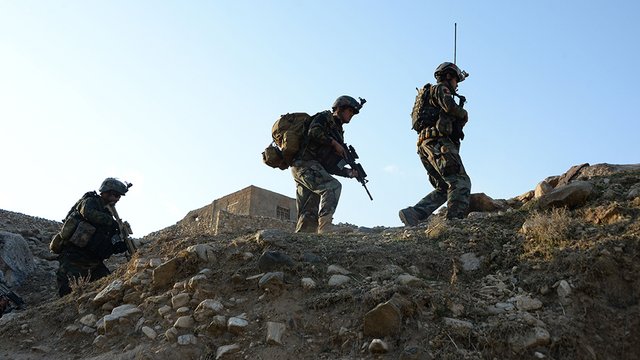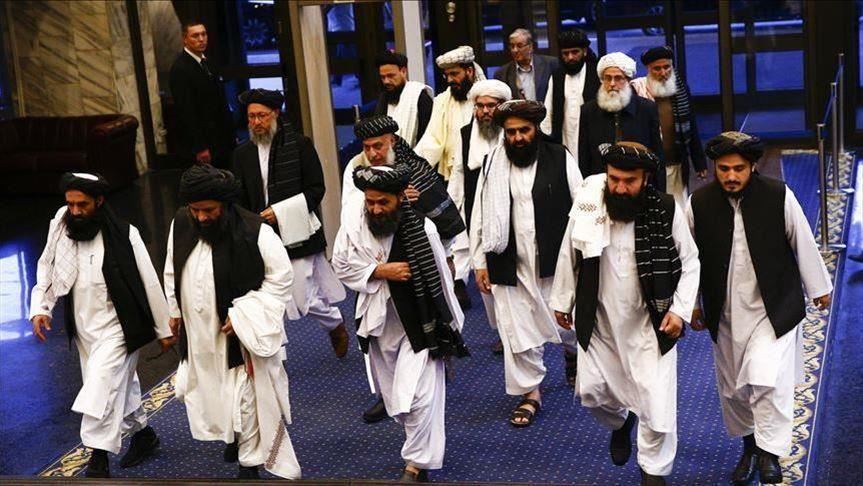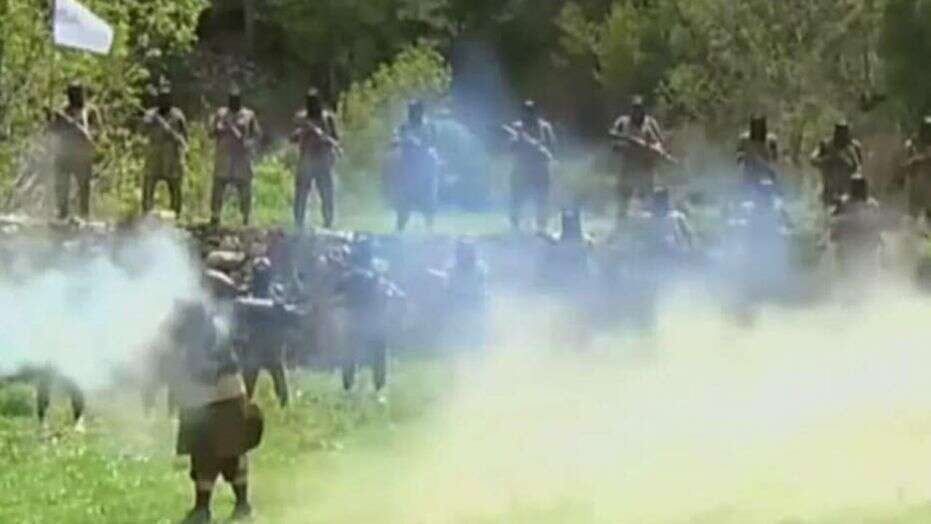The U.S. military is no longer tracking how many districts in Afghanistan are controlled by the Afghan government and what territory is under Taliban control, a Pentagon watchdog said Wednesday.
Publish dateWednesday 1 May 2019 - 22:37
Story Code : 184343
AVA- In its latest quarterly report to Congress, the special inspector general for Afghanistan reconstruction (SIGAR) said it was told the district assessments were “of limited decision making value” to the commander of the Resolute Support (RS) mission.
“Despite its limitations, the control data was the only unclassified metric provided by RS that consistently tracked changes to the security situation on the ground,” the report said. “While the data did not on its own indicate the success or failure of the South Asia strategy, it did contribute to an overall understanding of the situation in the country.”
Special inspector general John Sopko last week signaled that the control data would be missing from the next quarterly assessment, lamenting to reporters that “almost every metric for success or failure is now classified or non-existent.”
The move away from assessing district control is in line with President Trump’s complaint that too much information about the war was being made public.
But Sopko told reporters last week he did not think there was “any link specifically” between the recent change and Trump’s January comments that releasing inspector general reports on wars is “insane.”
The change in reporting comes as the Trump administration ramps up its efforts to negotiate an end to the war with the Taliban.
The previous SIGAR report, released in January, said the Afghan government controlled or influenced 53.8 percent of districts, the Taliban controlled or influenced 12.3 percent and 33.9 percent were contested.
In terms of population, 63.5 percent of Afghans lived in areas controlled or influenced by the government, compared with 10.8 percent in Taliban areas and 25.6 percent in contested districts, according to the previous report.
The decision to no longer calculate those numbers is a reversal of then-mission commander Gen. John Nicholson’s November 2017 comment that the “most telling” metric of success is “population control.” The mission is now commanded by Gen. Scott Miller.
The Pentagon told SIGAR in mid-January that the district stability statistics “are not indicative of effectiveness of the South Asia strategy or of progress toward security and stability in Afghanistan, particularly in the wake of the appointment of U.S. Special Representative for Afghanistan Reconciliation Zalmay Khalilzad,” as quoted in Wednesday’s report.
“Despite its limitations, the control data was the only unclassified metric provided by RS that consistently tracked changes to the security situation on the ground,” the report said. “While the data did not on its own indicate the success or failure of the South Asia strategy, it did contribute to an overall understanding of the situation in the country.”
Special inspector general John Sopko last week signaled that the control data would be missing from the next quarterly assessment, lamenting to reporters that “almost every metric for success or failure is now classified or non-existent.”
The move away from assessing district control is in line with President Trump’s complaint that too much information about the war was being made public.
But Sopko told reporters last week he did not think there was “any link specifically” between the recent change and Trump’s January comments that releasing inspector general reports on wars is “insane.”
The change in reporting comes as the Trump administration ramps up its efforts to negotiate an end to the war with the Taliban.
The previous SIGAR report, released in January, said the Afghan government controlled or influenced 53.8 percent of districts, the Taliban controlled or influenced 12.3 percent and 33.9 percent were contested.
In terms of population, 63.5 percent of Afghans lived in areas controlled or influenced by the government, compared with 10.8 percent in Taliban areas and 25.6 percent in contested districts, according to the previous report.
The decision to no longer calculate those numbers is a reversal of then-mission commander Gen. John Nicholson’s November 2017 comment that the “most telling” metric of success is “population control.” The mission is now commanded by Gen. Scott Miller.
The Pentagon told SIGAR in mid-January that the district stability statistics “are not indicative of effectiveness of the South Asia strategy or of progress toward security and stability in Afghanistan, particularly in the wake of the appointment of U.S. Special Representative for Afghanistan Reconciliation Zalmay Khalilzad,” as quoted in Wednesday’s report.
avapress.net/vdcc00qs12bq418.-ya2.html
Tags
Top hits












